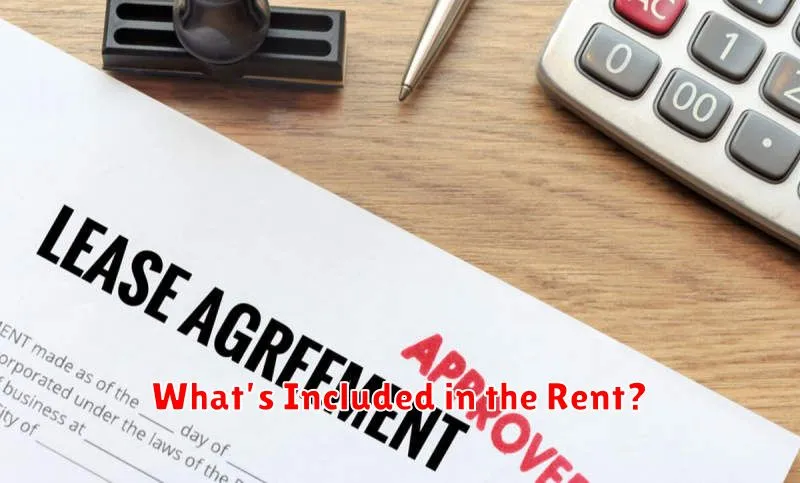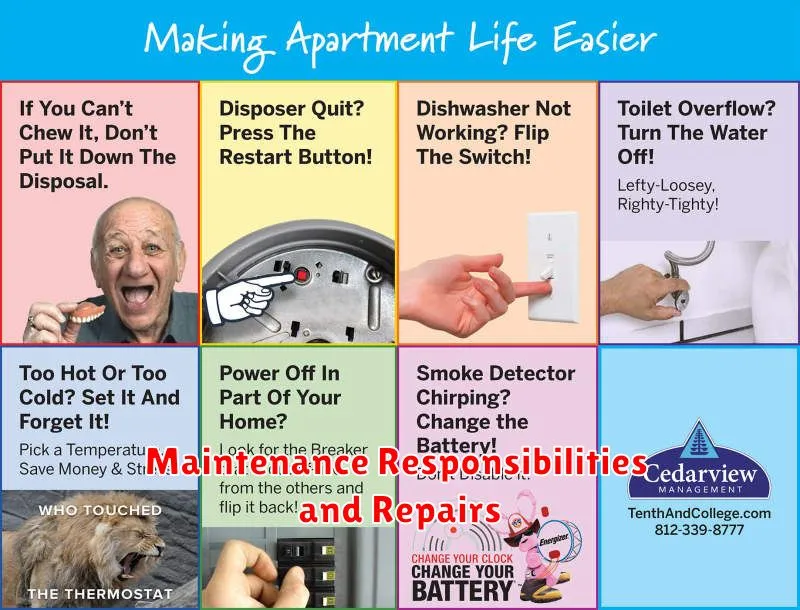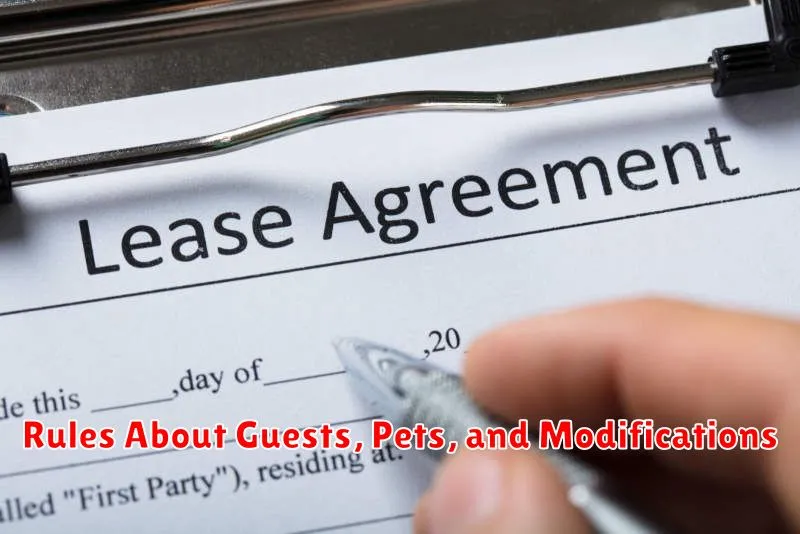Signing a lease is a significant commitment, binding you to a specific property for a designated period. Before you put pen to paper, it’s crucial to ask the right questions to ensure the lease terms align with your needs and expectations. Understanding the details of your lease agreement can prevent future disputes and help you make an informed decision. This article will guide you through the important questions you should ask before signing a lease, covering topics such as rent, utilities, maintenance, and lease terms.
From clarifying lease duration and renewal options to understanding pet policies and parking regulations, asking the right questions can protect your rights as a tenant. This article explores the essential questions to ask your landlord or property manager, empowering you to navigate the leasing process confidently and avoid potential pitfalls. By addressing these critical questions upfront, you can secure a comfortable and agreeable living situation.
Why Asking Questions Can Save You Trouble
Asking questions, especially when something is unclear, is a crucial skill that can prevent misunderstandings, mistakes, and potentially costly errors. Whether in a professional setting, personal relationships, or simply navigating daily life, seeking clarification helps ensure everyone is on the same page. It demonstrates active listening and a genuine desire to understand, fostering better communication and stronger connections.
Failing to ask questions can lead to a cascade of negative consequences. Assumptions can be made, leading to incorrect execution of tasks, wasted time and resources, and damaged relationships. In a professional context, this can impact project deadlines, budgets, and even a company’s reputation. In personal situations, miscommunication due to a lack of questioning can strain relationships and create unnecessary conflict.
By cultivating a habit of asking questions, you demonstrate a commitment to accuracy, thoroughness, and mutual understanding. Don’t be afraid to seek clarification when needed. It’s a sign of intelligence, not weakness, and can ultimately save you significant trouble in the long run.
Lease Duration and Renewal Terms
The initial lease term is for twelve (12) months, commencing on [Start Date] and ending on [End Date]. This lease agreement outlines the terms and conditions for the rental of the property located at [Property Address].
Upon expiration of the initial term, this lease shall automatically convert to a month-to-month tenancy unless either party provides written notice of their intent to terminate the lease at least [Number] days prior to the end of the initial term. During the month-to-month tenancy, the terms and conditions of this lease shall remain in full force and effect.
Renewal for a fixed term beyond the initial twelve (12) months may be negotiated and agreed upon in writing by both landlord and tenant [Number] days prior to the expiration of the initial lease term or any subsequent month-to-month period. The terms of the renewal, including rental rate adjustments, will be subject to mutual agreement and documented in a separate addendum to this lease.
What’s Included in the Rent?

Understanding what your monthly rent payment covers is essential. This agreement outlines the specific inclusions and exclusions, ensuring transparency between landlord and tenant. Typically, rent covers the cost of occupying the dwelling itself. This includes the use of the physical space, along with any shared amenities detailed in the lease agreement, such as laundry facilities, parking spaces, or common areas.
Often, rent also includes certain utilities or services. These can vary significantly depending on the property and the lease terms. Common inclusions might be water, trash removal, and sewer services. However, it’s crucial to review your lease agreement carefully to determine the specific utilities covered. Some landlords might include heat, electricity, or even internet access in the rent, while others leave these responsibilities to the tenant.
Items typically not included in the rent are expenses considered the tenant’s personal responsibility. These often include electricity, gas, internet, cable television, and renter’s insurance. It’s also important to note that repairs and maintenance resulting from tenant negligence are typically not the landlord’s responsibility and therefore not covered by the rent.
Maintenance Responsibilities and Repairs

Tenants are responsible for maintaining the cleanliness of the premises and ensuring reasonable care is taken to prevent damage. This includes, but is not limited to, regular cleaning, pest control, and promptly addressing minor maintenance issues such as replacing light bulbs. Tenants are also expected to report any necessary repairs to the landlord or property manager in a timely manner.
The landlord is responsible for addressing structural repairs, major appliance malfunctions (if provided), and other issues affecting the habitability of the property. Upon notification of a needed repair, the landlord will make reasonable efforts to schedule and complete the repair within a reasonable timeframe. Emergency repairs will be prioritized and addressed as quickly as possible.
Failure to report necessary repairs promptly may result in tenant liability for resulting damages. Similarly, any damage caused by the tenant’s negligence or misuse will be the tenant’s responsibility to repair or replace. Open communication between the tenant and landlord regarding maintenance and repairs is crucial for ensuring a positive and productive tenancy.
Rules About Guests, Pets, and Modifications

Guests are welcome but must adhere to all property rules and regulations. Overnight guests staying longer than a specified period (e.g., two weeks) require prior written approval from management. Guests are the responsibility of the resident and any damages or disturbances caused by guests will be charged to the resident’s account.
Pets may be permitted with prior written approval and are subject to specific breed and size restrictions. Residents are responsible for their pets’ behavior and cleanliness, including proper waste disposal. A pet deposit and/or monthly pet fee may be required.
Modifications to the property, including painting walls, installing fixtures, or altering landscaping, are generally prohibited without prior written consent. Any approved modifications become part of the property and cannot be removed upon move-out. Unauthorized modifications may result in charges to the resident’s account.
How to Handle Disputes or Complaints
When handling a dispute or complaint, it’s crucial to remain calm and professional. Listen actively to understand the other party’s perspective, and ask clarifying questions to ensure a full understanding of the issue. Document all communication and interactions, including dates, times, and specific details of the conversation. This documentation can be invaluable in resolving the issue efficiently and effectively.
Focus on finding a mutually acceptable solution. Explore different options and be willing to compromise. Clearly communicate your perspective and proposed solutions while remaining respectful of the other party’s needs. If the issue involves a product or service, refer to any relevant policies or agreements to ensure fair and consistent resolution.
If the dispute cannot be resolved internally, consider escalating it to a supervisor or a neutral third party for mediation. Be prepared to present all relevant information, including your documentation and proposed solutions. Maintain open communication throughout the process, and remember that the goal is to find a resolution that addresses the concerns of all involved parties.
Who to Contact in Emergencies
In a life-threatening emergency, immediately call 911. This connects you to emergency dispatchers who can send police, firefighters, and paramedics. Clearly state the nature of the emergency, your location, and any other pertinent information.
For non-life-threatening situations requiring police assistance, you may be able to contact your local police department directly through their non-emergency number. Check your local government website or phone book for this number. Use 911 only for situations requiring immediate assistance from police, fire, or emergency medical services.
If you experience a power outage or another utility emergency, contact the specific utility company. Their contact information is typically found on your bill or their website. For immediate threats to safety due to downed power lines or gas leaks, still contact 911 first.

